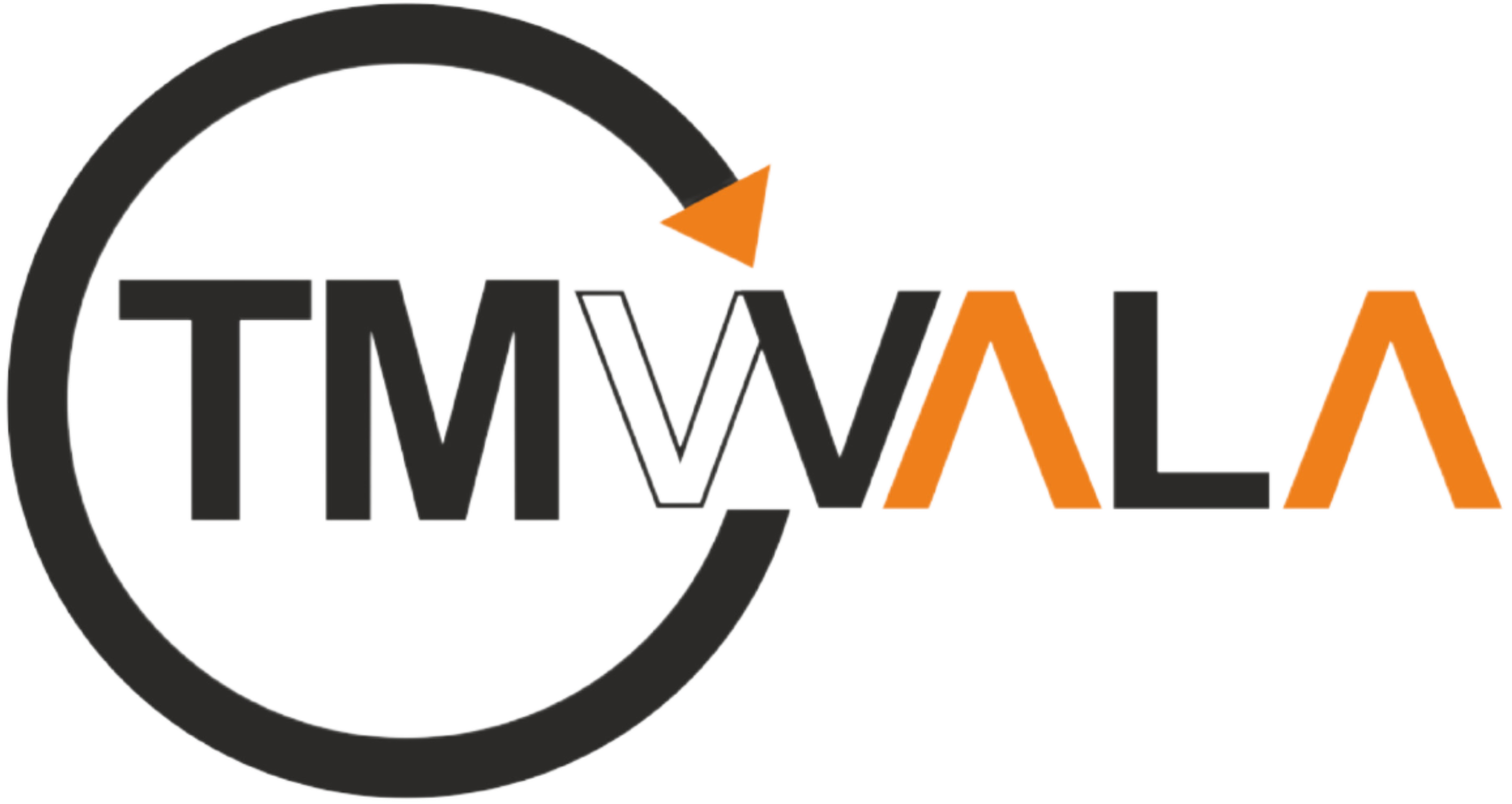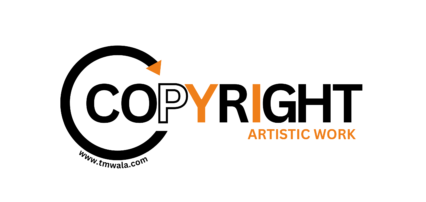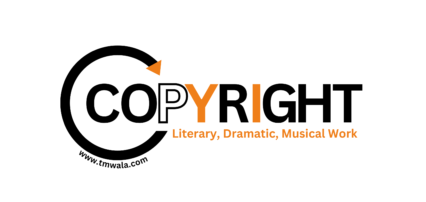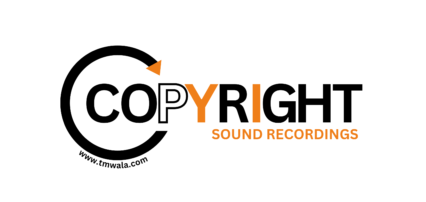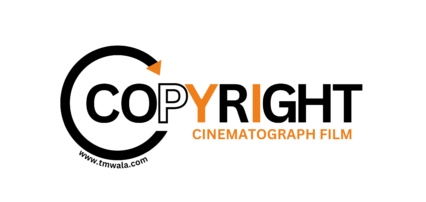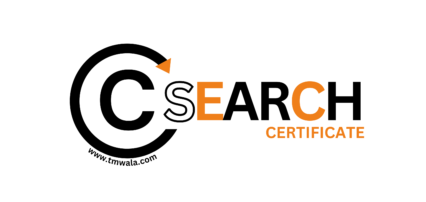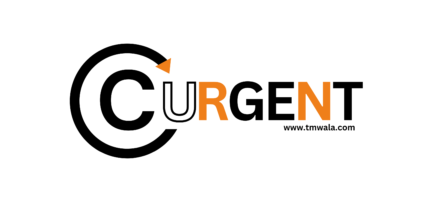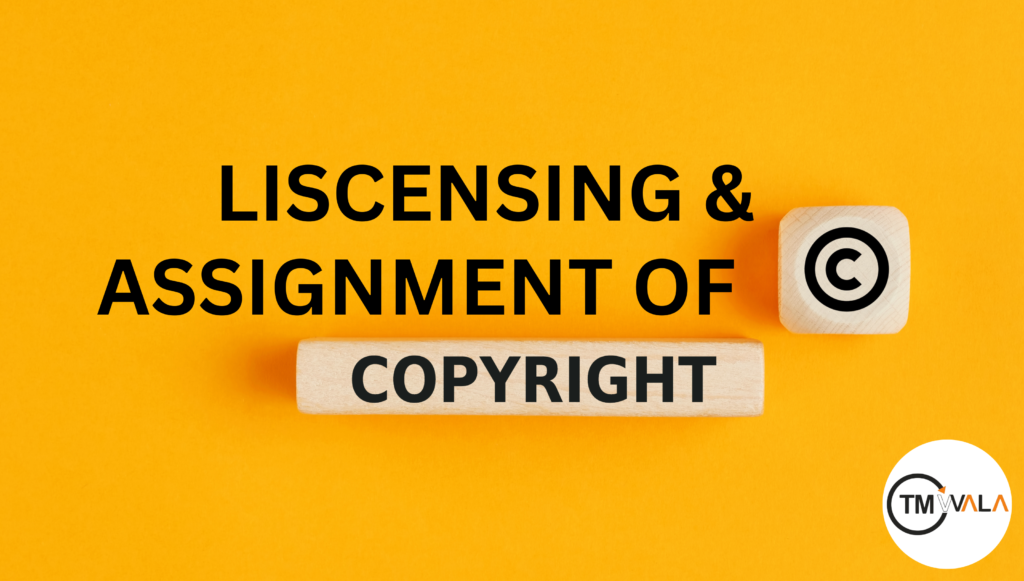Copyright is a fundamental aspect of intellectual property law, designed to protect the rights of creators over their original works. However, the rights conferred by copyright are not absolute and can be shared, transferred, or even sold. This is where copyright licensing and assignment come into play. Understanding these concepts is crucial for creators, businesses, and legal professionals alike. We’ll explore what copyright licensing and assignment mean, how they work, and the legal nuances that surround them.
What is Copyright?
Before diving into licensing and assignment, it’s essential to understand what copyright entails. Copyright is a legal right granted to the creators of original works, such as literature, music, art, software, films, and more. This right gives the creator exclusive control over the use of their work, including reproduction, distribution, public performance, and the creation of derivative works.
Copyright protection arises automatically when an original work is fixed in a tangible medium of expression, such as a written manuscript, a recorded song, or a painted canvas. The duration of copyright protection varies by jurisdiction but generally lasts for the life of the author plus 50 to 70 years.
A clear understanding of copyright law is essential before navigating more advanced areas like Copyright Licensing and Assignment.
Copyright Licensing: Sharing Your Rights
a. What is Copyright Licensing?
Copyright licensing is the process by which a copyright owner (licensor) grants permission to another party (licensee) to use their copyrighted work under specific conditions. The licensor retains ownership of the copyright, but the licensee gains the right to use the work in ways specified in the license agreement.
b. Types of Copyright Licenses
- Exclusive License: In an exclusive license, the licensor grants the licensee exclusive rights to use the copyrighted work. This means the licensor cannot grant the same rights to anyone else, and in some cases, may not even be able to use the work themselves.
- Non-Exclusive License: A non-exclusive license allows the licensor to grant the same rights to multiple licensees. This is more common in industries where widespread distribution and use are desired, such as software or music.
- Sublicense: A sublicense allows the licensee to grant some or all of their licensed rights to another party. This is often seen in franchise agreements or in the distribution of software.
- Cross-License: In a cross-license, two parties exchange licenses to use each other’s copyrighted works. This is common in industries where mutual access to intellectual property is beneficial, such as technology or entertainment.
c. Key Elements of a Copyright License Agreement
- Scope of the License: The license agreement should clearly define the scope of the license, including the specific rights being granted (e.g., reproduction, distribution), the duration of the license, and the geographical area where the license is valid.
- Royalty Payments: If the license is granted in exchange for payment, the agreement should specify the amount, frequency, and method of payment. This can include upfront fees, ongoing royalties, or a percentage of revenue generated from the licensed work.
- Usage Restrictions: The agreement should outline any restrictions on how the work can be used. For example, the license may be limited to non-commercial use, or the licensee may be prohibited from modifying the work.
- Termination Clause: The agreement should include provisions for terminating the license, either for cause (e.g., breach of contract) or convenience (e.g., after a certain period).
d. Legal Considerations in Copyright Licensing
Legal considerations are especially important when dealing with Copyright Licensing and Assignment, as poorly defined terms can lead to legal complications.
- Moral Rights: In some jurisdictions, creators have moral rights that cannot be transferred through licensing. These rights include the right to attribution (being recognized as the creator) and the right to the integrity of the work (preventing derogatory treatment of the work).
- Statutory Licenses: In certain situations, copyright law provides for statutory licenses, which allow for the use of copyrighted works without the need for a traditional licensing agreement. This is common in the music industry, where statutory licenses allow for the broadcasting of songs on the radio or television.
- Collective Management Organizations (CMOs): In some industries, copyright licensing is managed by CMOs, which represent the rights of multiple creators and negotiate licenses on their behalf. This is common in the music, publishing, and audiovisual sectors.
Copyright Assignment: Transferring Your Rights
a. What is Copyright Assignment?
Copyright assignment is the process by which a copyright owner (assignor) transfers some or all of their rights to another party (assignee). Unlike licensing, assignment involves the transfer of ownership, meaning the assignor no longer holds the rights that have been assigned.
b. Types of Copyright Assignments
- Full Assignment: In a full assignment, the assignor transfers all of their rights in the copyrighted work to the assignee. The assignee then becomes the new owner of the copyright and has the exclusive right to use, sell, or license the work.
- Partial Assignment: In a partial assignment, the assignor transfers only specific rights to the assignee. For example, the assignor might transfer the right to reproduce the work but retain the right to create derivative works.
- Reversion of Rights: Some assignments include a reversion clause, which allows the rights to revert to the original owner after a certain period or under specific conditions. This is common in publishing agreements, where an author might regain rights to their work if the publisher fails to meet certain sales targets.
c. Key Elements of a Copyright Assignment Agreement
- Description of Rights Transferred: The agreement should clearly describe the rights being transferred, whether it’s the entire bundle of rights or specific aspects such as reproduction, distribution, or public performance.
- Consideration: The agreement should specify the consideration (payment or other value) being provided in exchange for the assignment. This could be a lump sum payment, royalties, or another form of compensation.
- Warranties and Representations: The assignor should warrant that they are the rightful owner of the copyright and have the authority to transfer the rights. The assignee should also warrant that they will use the work in accordance with the terms of the agreement.
- Indemnification: The agreement should include indemnification clauses to protect both parties from potential legal claims arising from the assignment. For example, if the assignor transfers a work that is later found to infringe on another’s copyright, the assignee may seek indemnification.
- Governing Law and Jurisdiction: The agreement should specify the governing law and jurisdiction that will apply in the event of a dispute. This is particularly important in international transactions where parties are located in different countries.
d. Legal Considerations in Copyright Assignment
- Registration of Assignment: In many jurisdictions, copyright assignments must be registered with the relevant copyright office to be legally enforceable. Failure to register the assignment can result in the loss of rights.
- Moral Rights: As with licensing, moral rights may not be transferable through assignment. The assignor may retain certain moral rights even after transferring ownership of the copyright.
- Termination of Transfers: Some jurisdictions have laws that allow creators to terminate copyright assignments after a certain period, usually after 35 years in the case of the United States. This allows creators to regain control of their works and renegotiate terms.
Comparing Licensing and Assignment
While both copyright licensing and assignment involve the transfer of rights, they serve different purposes and have distinct legal implications:
- Ownership vs. Permission: Assignment involves the transfer of ownership, whereas licensing grants permission to use the work without transferring ownership.
- Reversion of Rights: Licensing is typically temporary, with rights reverting to the licensor after the license term expires. Assignment, on the other hand, is usually permanent, unless a reversion clause is included.
- Control Over the Work: Licensing allows the copyright owner to retain control over the work, including the ability to impose restrictions on its use. Assignment transfers control to the assignee, who can then use the work as they see fit.
- Revenue Streams: Licensing can provide ongoing revenue through royalties, while assignment typically involves a one-time payment. However, an assignment can also include royalty arrangements, especially in partial assignments.
Practical Tips for Licensing and Assigning Copyright
Whether you’re a creator, business owner, or legal professional, here are some practical tips to ensure a smooth copyright licensing or assignment process:
- Clearly Define Terms: Whether licensing or assigning, make sure the agreement clearly defines the rights being transferred, the duration of the transfer, and any usage restrictions.
- Seek Legal Counsel: Copyright law can be complex, and the terms of licensing and assignment agreements can have long-lasting implications. Always consult with a legal professional to draft, review, or negotiate these agreements.
- Consider the Long-Term Impact: Before assigning your copyright, consider the long-term impact on your creative control and potential revenue. Licensing might be a better option if you want to retain ownership and benefit from future uses of your work.
- Negotiate Fair Compensation: Ensure that the compensation reflects the value of the rights being transferred. This is particularly important in assignments, where you may be giving up significant control over your work.
- Register the Agreement: In jurisdictions where it’s required, make sure to register the assignment or license with the relevant copyright office to ensure its enforceability.
Conclusion
Copyright licensing and assignment are powerful tools that allow creators to share or transfer their rights while ensuring their works are used and valued appropriately. Understanding the differences between these two processes and the legal considerations involved is crucial for making informed decisions that protect your interests and maximize the value of your intellectual property.
Whether you’re looking to license your work for broader distribution or considering a full assignment for immediate financial gain, careful planning and legal guidance can help you navigate the complexities of copyright law and achieve your desired outcomes.
Frequently Asked Questions (FAQs)
- What is the difference between copyright licensing and copyright assignment?
Copyright licensing allows you to give permission for someone else to use your work while retaining ownership. Assignment transfers ownership entirely to another party. - Do I need to register my copyright to license or assign it?
Copyright protection exists automatically upon creation, but registration is often required to enforce rights or formally record assignments and licenses in some jurisdictions. - What are the key elements of a copyright license agreement?
A license agreement should include the scope of rights granted, duration, territory, royalty/payment terms, usage restrictions, and termination clauses. - Can I transfer only part of my copyright through assignment?
Yes. A partial assignment allows you to transfer specific rights (e.g., reproduction) while keeping others (e.g., public performance). - What’s the difference between an exclusive and a non-exclusive license?
An exclusive license gives rights only to one licensee, while a non-exclusive license allows multiple people to use the same rights. - Are moral rights affected by licensing or assignment?
In many jurisdictions, moral rights (e.g., right to attribution) cannot be waived or transferred, even if the copyright is licensed or assigned. - Should I use a lawyer when creating a copyright agreement?
Yes. Copyright agreements can have long-term legal and financial implications. A qualified attorney can help ensure clarity and protection. - Can I earn ongoing income through a copyright license?
Yes. Licenses often involve royalty payments or revenue-sharing models, which can provide long-term income for the creator. - What is a reversion clause in a copyright assignment?
A reversion clause allows rights to return to the original owner after a specified period or if certain conditions are not met. - What is a statutory license, and when is it used?
A statutory license is granted automatically by law under certain conditions, like broadcasting music on radio, without the need for individual agreements.
